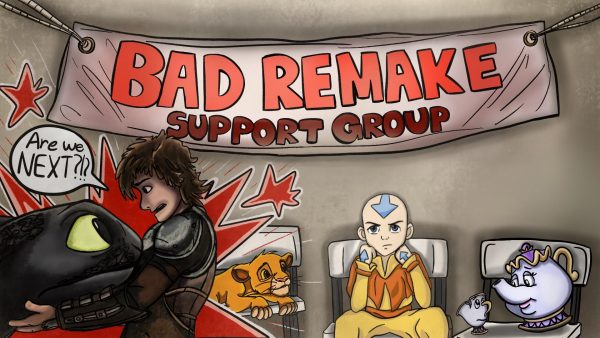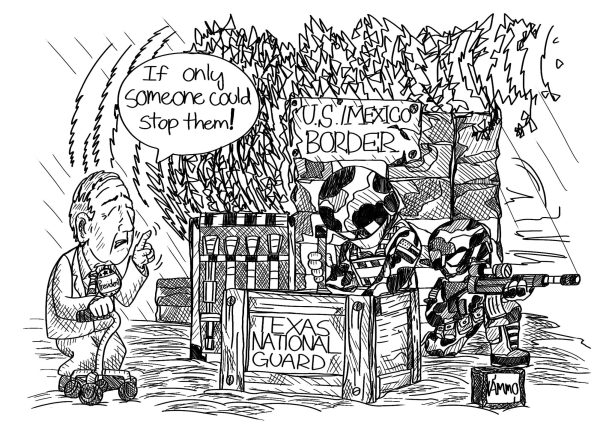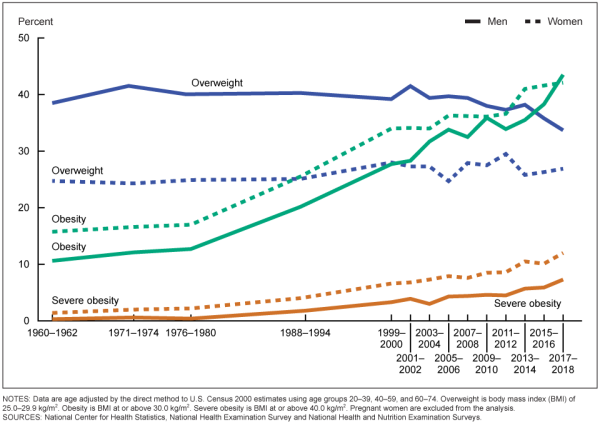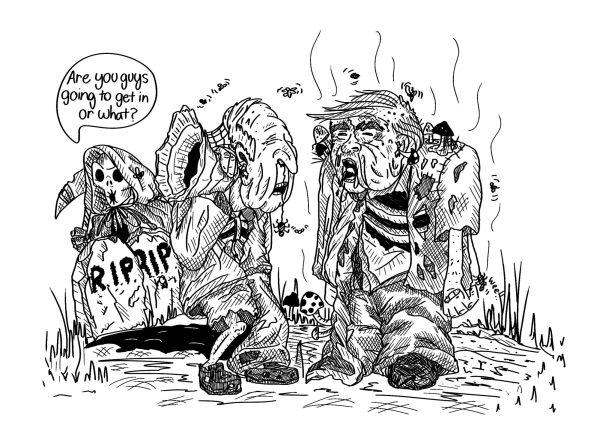Was social networking the spark for a revolution? Yes: The revolution won’t be televised, it will be tweeted
March 30, 2011
On Aug. 2, 1990, more than 100,000 Iraqi soldiers along with 700 tanks invaded the Persian Gulf state of Kuwait.
Saudi Arabia, realizing it was also a potential target for invasion, decided to keep the Iraq-Kuwait war a state secret.
For seven days not a word was heard about Iraq’s invasion of Kuwait.
Now place this same occurrence in the context of the 21st century.
All it would have taken was for a man in Kuwait to pick up his cell phone and update his Twitter account with, “The Iraqis have invaded!” and everyone would have known.
Ultimately, Facebook and Twitter have significantly catalyzed the spread of the revolutions in North Africa and the Middle East.
A Salon article states that the Algerian regime attempted to “squash organizers by blocking Facebook and Twitter.” Ultimately, if social networking sites weren’t important, then regimes would not have made such efforts to block them.
Even though Facebook has been hesitant to talk about its substantial role in the Middle East protest, Twitter and Google formed speak2tweet, “a service that allowed dissidents to circumvent the government’s nationwide Internet shutdown,” according to a Switched article.
The power of social networking sites married with the accessibility of the cell phone has added to the power of citizens to speedily trade information.
This creates a platform for everyone to update everyone all the time.
Take a look at the chain reaction in the Middle East: Crowds in Libya were galvanized by images and videos of Egypt’s revolution which in turn was sparked by the crowds in Tunisia.
Some argue that Twitter and Facebook are just building upon the media of the past, because after all, as John Everard, former ambassador to North Korea, said, “There were revolutions before Facebook.”
However, those revolutions were not able to spread as fast as those in the Middle East.
In the past, ideas spread slowly via word of mouth, slightly faster with books, then radio, then television.
Social networking sites have broken through the chains of the traditional means of spreading information because of the constant updates and a massive international audience.
A process is only as fast as the tools used to finish it.










































































